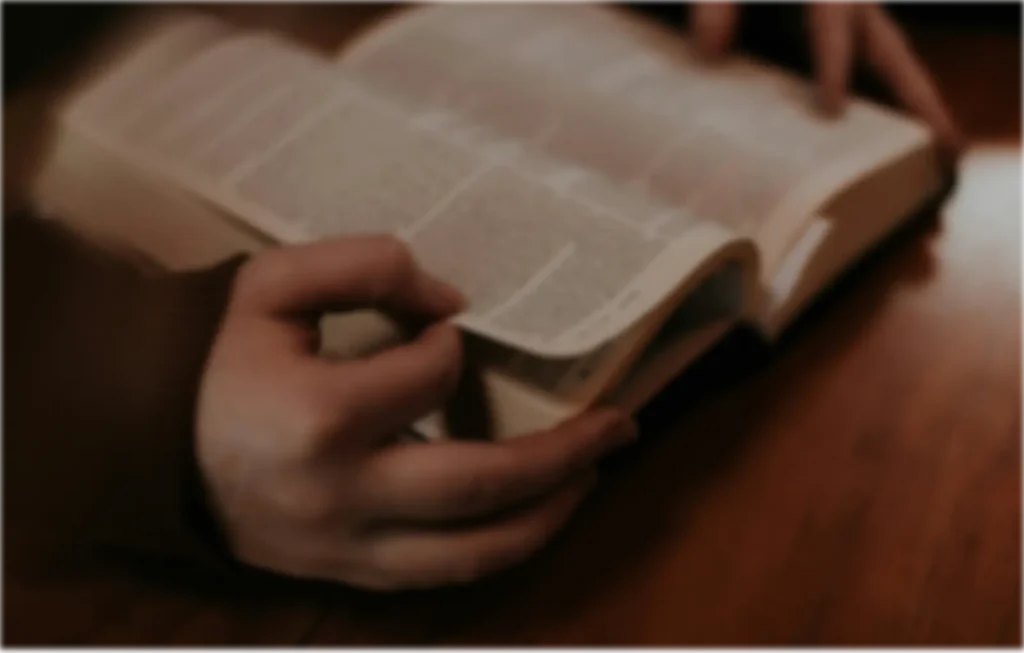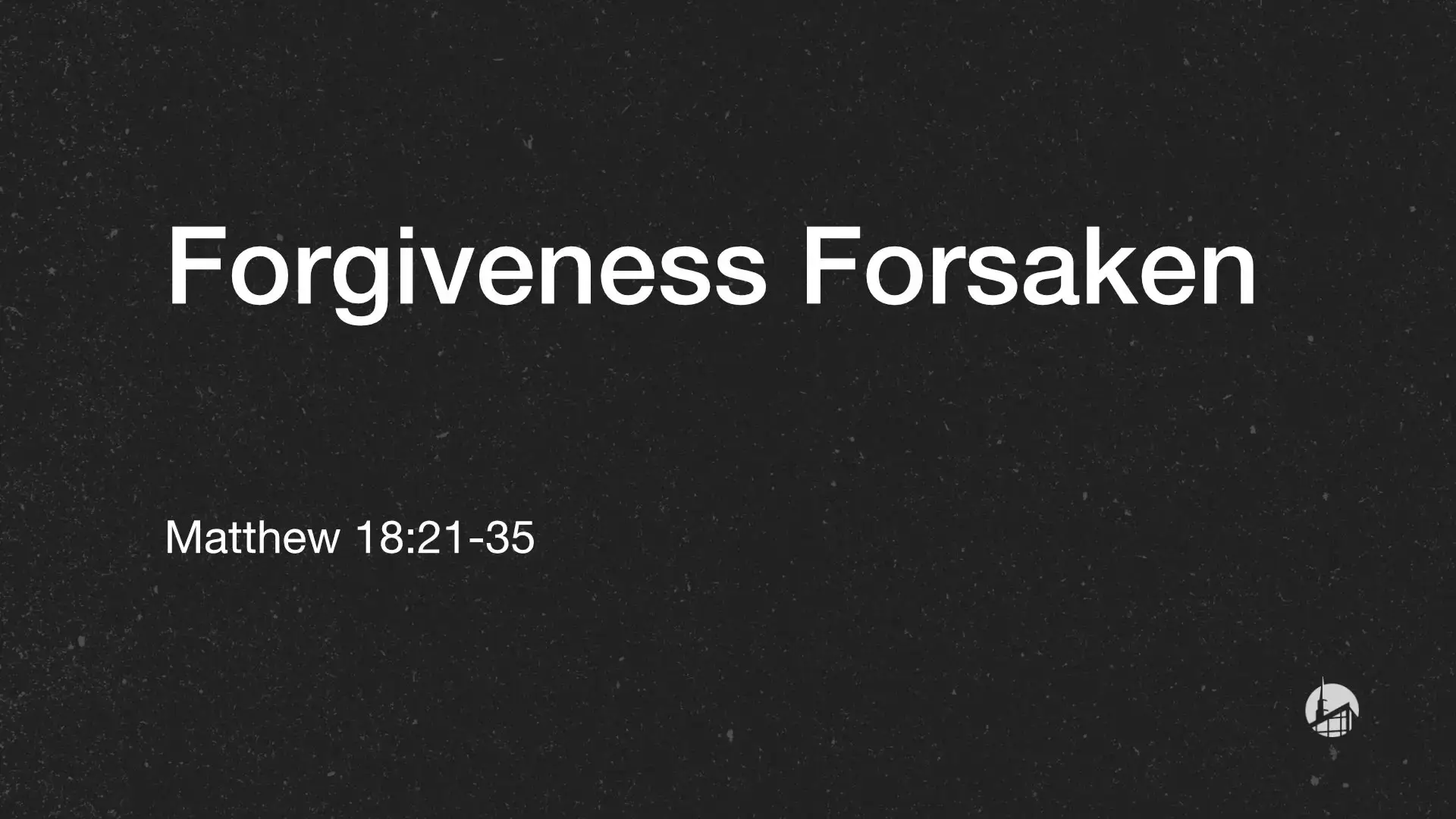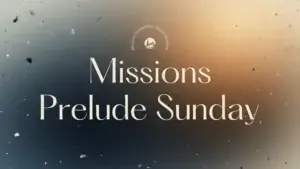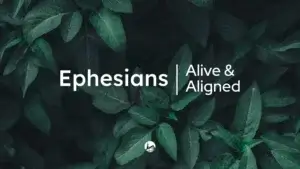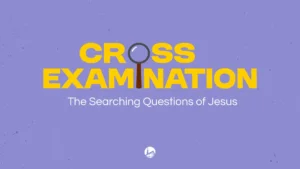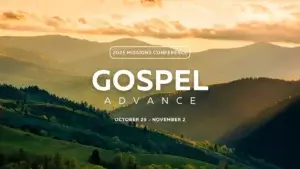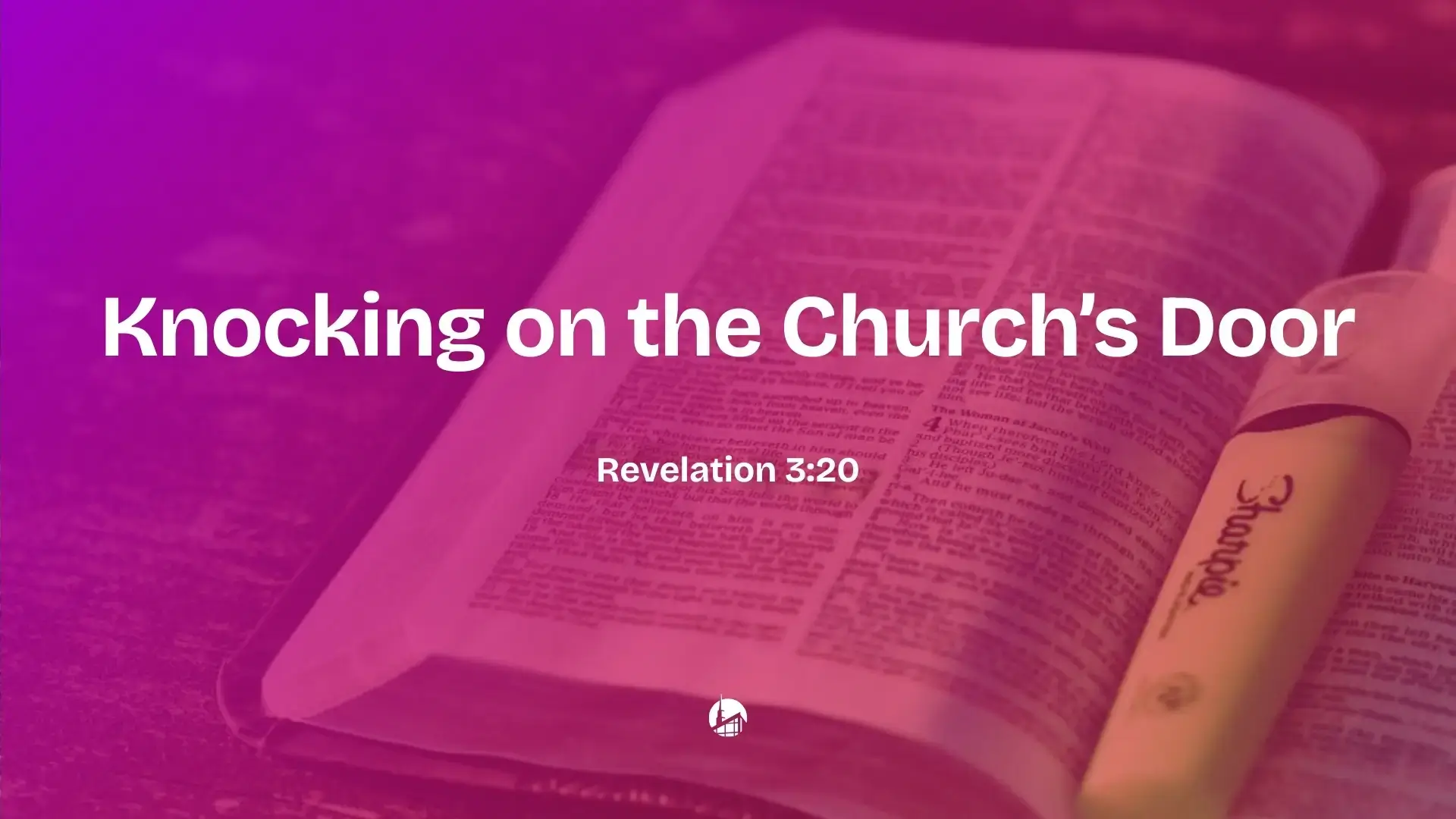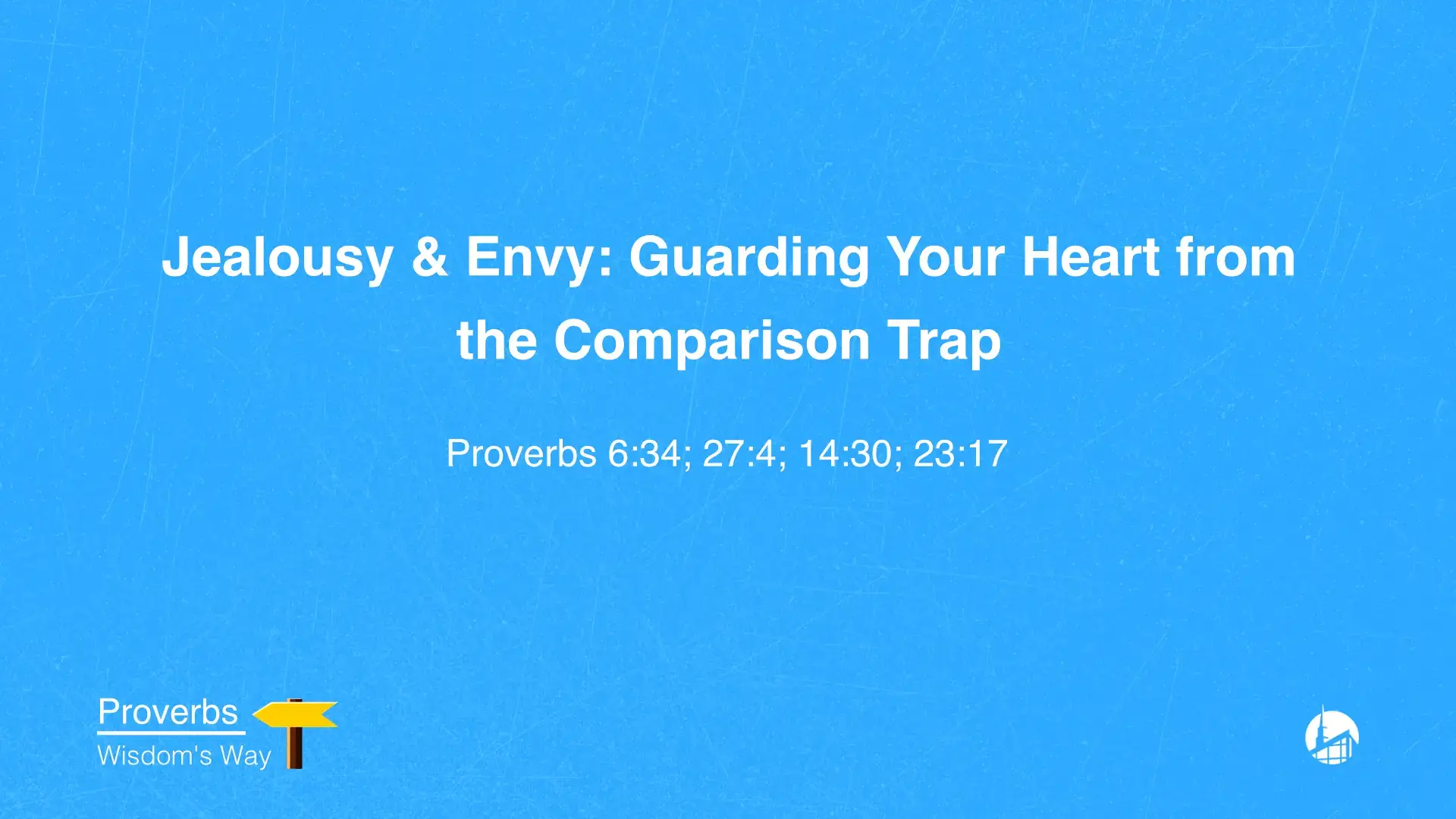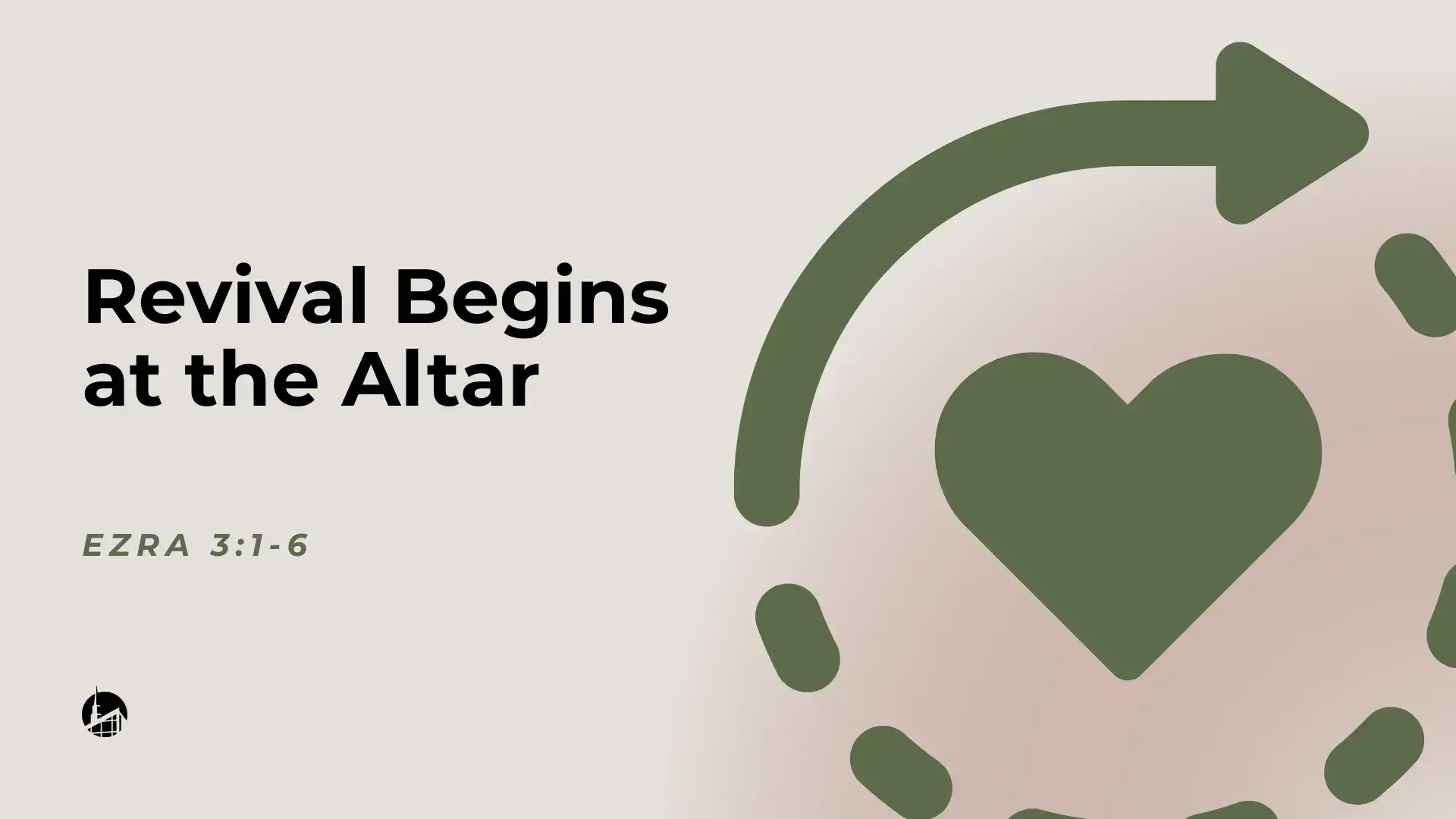This sermon delivered by Bro. Arlo on Matthew 18:21-35, the congregation is confronted with the sobering reality of unforgiveness within the church. Through the heartbreaking story of two brothers, active in their faith yet estranged over their father’s unequal will, sitting on opposite sides of the sanctuary for life, Bro. Arlo illustrates how unforgiveness can divide even believers. This message challenges us to view forgiveness not as a suggestion but as a divine command rooted in the grace we have received. Drawing from the parable of the unforgiving servant, Bro. Arlo unpacks three critical truths: Peter’s flawed thinking, the foundational truth that forgiveness flows from God, and the fatal consequences of harbouring unforgiveness. Let’s explore these insights and their call to action for every Christian.
Peter’s Flawed Thinking: A Question That Highlights Human Logic (Matthew 18:21-22)
Bro. Arlo opens with Peter’s question to Jesus in Matthew 18:21 (KJV): “Then came Peter to him, and said, Lord, how oft shall my brother sin against me, and I forgive him? till seven times?” Peter’s proposal of seven times was generous, exceeding the Jewish tradition of forgiving only three times before withholding forgiveness. Yet, Jesus’ response in verse 22, “Jesus saith unto him, I say not unto thee, Until seven times: but, Until seventy times seven,” shatters Peter’s limited and legalistic perspective. Bro. Arlo highlights two flaws in Peter’s approach: a desire to limit forgiveness to a fixed number and a transactional view of relationships, where forgiveness depends on the offender’s actions.
To illustrate, Bro. Arlo shares a personal anecdote from teaching teens, where repeated misbehavior tempted him to adopt a “strike one, strike two, strike three” mentality. This human tendency to keep score reflects our flawed logic, assuming forgiveness can be quantified or earned. Quoting J.C. Ryle, Bro. Arlo notes, “How many of the miseries of mankind are occasioned by disputes, quarrels, lawsuits, and an obstinate tenacity about what men call their rights?” Jesus’ teaching calls us to rise above human reasoning, embracing a heart transformed by divine grace.
A Foundational Truth: True Forgiveness Flows Only from the Father (Matthew 18:23-27)
Jesus responds with the parable of a king and his servant, and Bro. Arlo uses this to show that true forgiveness originates from God. In Matthew 18:23-27 (KJV), a servant owes the king 10,000 talents—a colossal debt, equivalent to $10-15 million today, impossible to repay. When the servant pleads, “Lord, have patience with me, and I will pay thee all” (v. 26), the king, “moved with compassion, and loosed him, and forgave him the debt” (v. 27). Bro. Arlo identifies three truths about God’s forgiveness: it is unmerited, full, and complete.
The king’s forgiveness is unmerited, given not because the servant deserved it but out of compassion. Bro. Arlo cites Romans 5:8 (KJV), “But God commendeth his love toward us, in that, while we were yet sinners, Christ died for us.” The forgiveness is full, as the king cancels the entire debt, not a portion. Bro. Arlo stresses that partial forgiveness is as harmful as unforgiveness. Finally, the forgiveness is complete, as the king releases the debt entirely, choosing not to hold it against the servant. Bro. Arlo references Isaiah 43:25 (KJV), “I, even I, am he that blotteth out thy transgressions for mine own sake, and will not remember thy sins,” and Psalm 103:12 (KJV), “As far as the east is from the west, so far hath he removed our transgressions from us.”
Bro. Arlo emphasizes that human nature resists such forgiveness because it feels unnatural. Quoting Oswald Chambers, he says, “Forgiveness is the divine miracle of grace.” Only those who have experienced God’s forgiveness can extend it to others. He cites Ephesians 4:32 (KJV), “And be ye kind one to another, tenderhearted, forgiving one another, even as God for Christ’s sake hath forgiven you,” and Colossians 3:13 (KJV), “Forbearing one another, and forgiving one another, if any man have a quarrel against any: even as Christ forgave you, so also do ye.” This truth prompts reflection: have you experienced God’s grace, and are you living it out by forgiving others?
A Fatal Consequence: Unforgiveness Ultimately Breeds Bitterness and Breakdown (Matthew 18:28-35)
The parable takes a sobering turn, and Bro. Arlo uses it to warn of unforgiveness’s consequences. In Matthew 18:28-30 (KJV), the forgiven servant refuses mercy to a fellow servant who owes him 100 pence—about 100 days’ wages, insignificant compared to his own debt. Instead, “he laid hands on him, and took him by the throat, saying, Pay me that thou owest” (v. 28), and “cast him into prison till he should pay the debt” (v. 30). Bro. Arlo explains that this unforgiveness breeds bitterness and hypocrisy, leading to relational and spiritual breakdown.
Bro. Arlo compares bitterness to “drinking poison and waiting for the other person to die” or a cancer that consumes its host. Unforgiveness festers into hatred, destroying relationships and communities. He draws an analogy to the 2018 Paradise, California wildfire, where a small, neglected fire became a catastrophic inferno. Similarly, unforgiven offenses are “neglected embers” that can devastate spiritual lives and churches.
The servant’s hypocrisy lies in demanding payment while having been forgiven a greater debt. Bro. Arlo shares a personal story of a young man living in sin, whose actions grieved him until the Holy Spirit reminded him of his own need for grace. This challenges believers: “If God can forgive such sins, why can’t I?” The parable ends in Matthew 18:32-35 (KJV), where the king condemns the servant, saying, “O thou wicked servant, I forgave thee all that debt, because thou desiredst me: Shouldest not thou also have had compassion on thy fellowservant, even as I had pity on thee?” (vv. 32-33). The king delivers him “to the tormentors, till he should pay all that was due unto him” (v. 34), and Jesus warns, “So likewise shall my heavenly Father do also unto you, if ye from your hearts forgive not every one his brother their trespasses” (v. 35). While not about losing salvation, Bro. Arlo explains this reflects grieving the Holy Spirit, citing Ephesians 4:30-32 (KJV), “And grieve not the holy Spirit of God, whereby ye are sealed unto the day of redemption. Let all bitterness, and wrath, and anger, and clamour, and evil speaking, be put away from you, with all malice: And be ye kind one to another, tenderhearted, forgiving one another, even as God for Christ’s sake hath forgiven you.”
Conclusion
Bro. Arlo closes with a piercing challenge: “Who have you chosen to withhold forgiveness from? Or whom do you need to seek forgiveness from?” He cites Matthew 5:23-24 (KJV), “Therefore if thou bring thy gift to the altar, and there rememberest that thy brother hath ought against thee; Leave there thy gift before the altar, and go thy way; first be reconciled to thy brother, and then come and offer thy gift.” Peter’s question about forgiving a “brother” applies to all relationships—church members, family, friends. As a body of sinners saved by grace, Bro. Arlo reminds us, the church cannot be what God desires until we forgive one another’s faults.
Forgiveness is neither easy nor human; it is a divine act enabled by God’s grace. Bro. Arlo prays that “forgiveness forsaken” would never mark his congregation. Instead, may we reflect God’s character, becoming “most like God when we forgive.” Let us heed this call to forgive fully, freely, and completely, mirroring the grace we have received through Christ.
